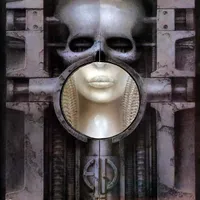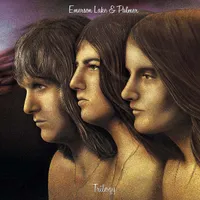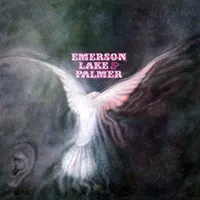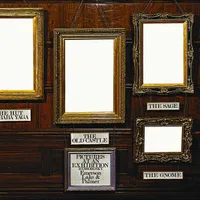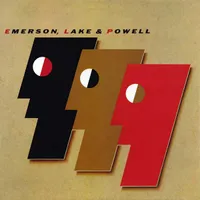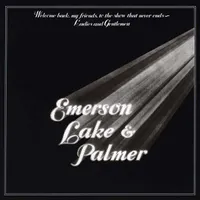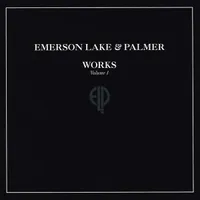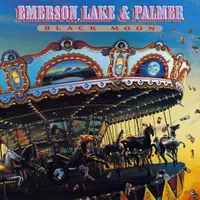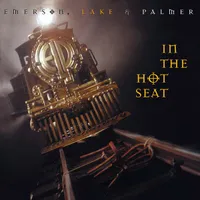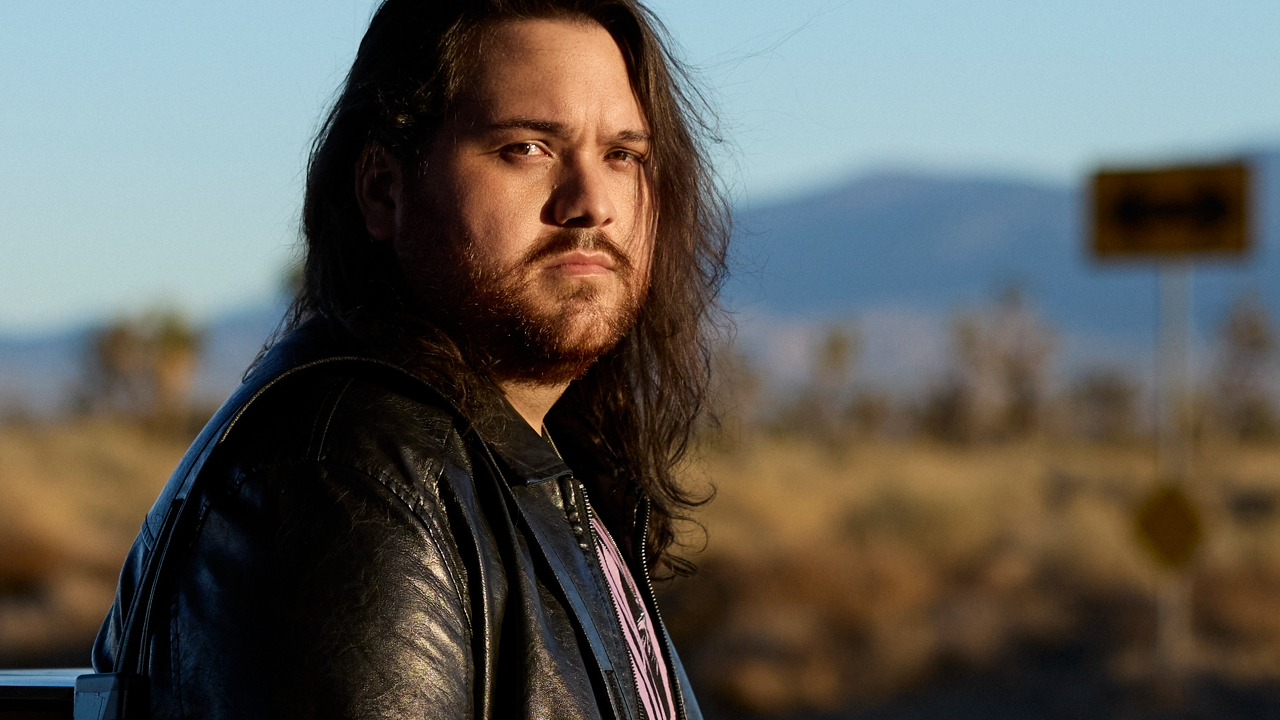The Emerson, Lake & Palmer albums you should definitely listen to
One of the great British prog bands, a power trio and a supergroup, ELP left a legacy that includes some classic prog-rock albums
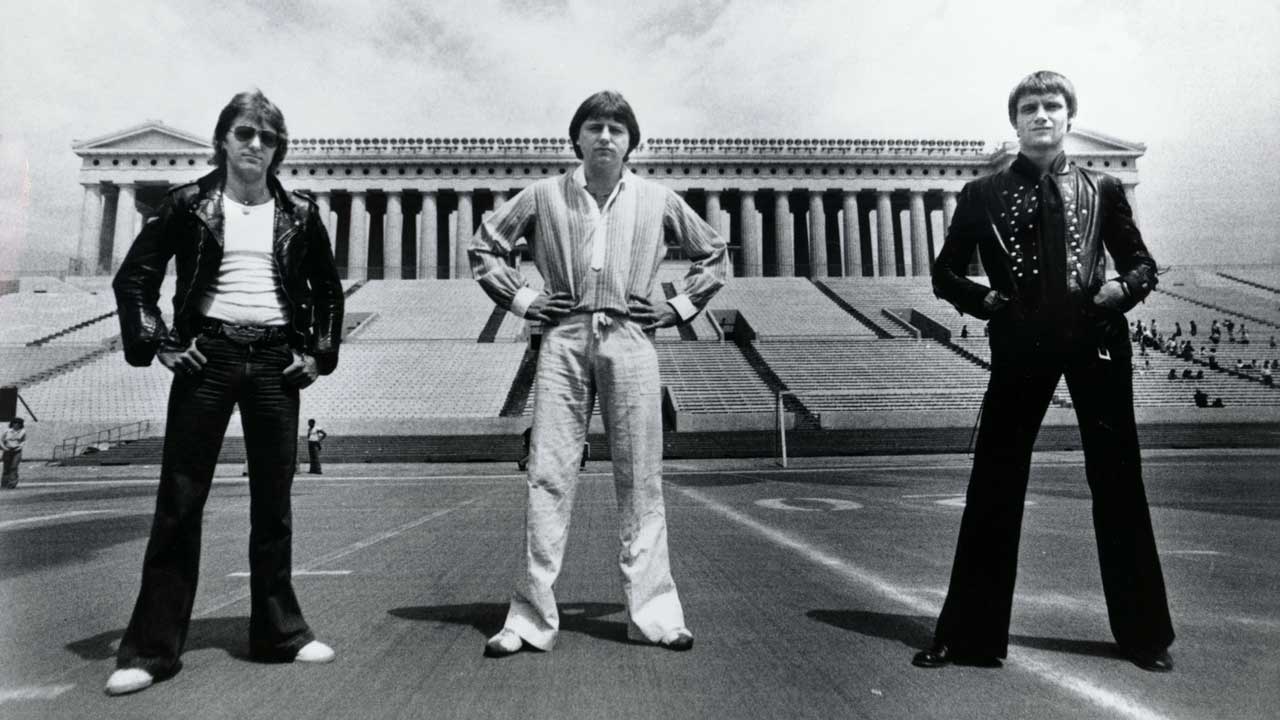
There was a time when British prog rock trio Emerson, Lake & Palmer were heralded, rightly, as one of the all-time prog-rock greats. There were also the times they were derided as a “waste of electricity” and the “definition of masturbatory excess and self-aggrandisement”. Ah, success can be such a fickle mistress.
Success certainly found ELP. Even before the band formed, keyboard maestro Keith Emerson was a noted star in The Nice, bassist/vocalist Greg Lake the voice of King Crimson, and drummer Carl Palmer no slouch in either The Crazy World Of Arthur Brown or Atomic Rooster. But the combination of the three made for an explosively prodigious mix. Quite literally when it came to their second-ever live performance, at the 1970 Isle of Wight Festival, when the band set off two stageside canons at the end of their set.
For the first four years of their existence, ELP could do no wrong. Their first four studio albums all made the UK Top 5, initially propelling the trio to the forefront of the prog-rock movement. Naturally, it couldn’t last. Burned out by constant touring and releasing four studio and two live albums in an intense three-year period, ELP went on hiatus in 1974, doing what all rock stars do: buying big houses abroad and living the tax-exile life.
When they regrouped in 1976 it was into a different musical climate, not that ELP seemed to notice. Their comeback album, 1977’s Works Volume 1, was a double with one side of band material and a side each for the musicians to show off their chops. With punk rock raging around them, ELP failed to read the room. An extensive US tour – with an orchestra – to support Works sucked up money at an alarming rate, while 1979’s Love Beach has long been derided (even if it’s not as bad as some say). The band gave up the ghost quietly as the 80s dawned.
Despite recording a great album with drummer Cozy Powell in 1986, Emerson, Lake & Powell fell apart after one US tour, but by 1990 offers were on the table, and ELP reunited and released Black Moon in 1992. The re-formation lasted until 1998, then the band reunited one final time to celebrate their 40th anniversary in 2010 at Classic Rock’s High Voltage Festival in some style.
Emerson took his own life in 2016, and Lake succumbed to cancer later the same year. The ever-youthful Carl Palmer still tours with his ELP Legacy band.

Brain Salad Surgery (Manticore, 1973)
ELP’s fourth studio album came housed in a sleeve designed by Swiss artist HR Giger (who designed the Alien creature), which played on the album title being roadie slang for fellatio. As one opened the elaborately die-cut sleeve, one was greeted by the image of Giger’s wife, complete with the image of a phallus in her throat, leading to the band’s label requesting that a new version look “less penisy”.
Tellingly, the band flexed their own musical muscle on the album, with an epic take on Blake’s Jerusalem and the balladic Still… You Turn Me On, while on the tripartite Karn Evil 9 they hit prog-rock nirvana.
Less heralded than studio predecessor Tarkus (and wisely opting for the heads of the protagonists on the cover rather than an armadillo-tank hybrid), Trilogy might not feature a sidelong epic, but it remains a more solid and consistent album in the band’s canon, while sounding more assured than their debut.
Lake’s superlative and emotive From The Beginning and an unrestrained take on Aaron Copland’s Hoedown, which would later prove to be a barnstorming show opener, are two high points, as are both the three-part title track and The Endless Enigma. It’s the sound of a band about to take its first steps to megastardom.
Emerson Lake & Palmer (Island, 1970)
The coming together of three already well-known musical members of the burgeoning progressive rock movement hit immediate headlines in 1970, and expectations were high. And ELP did not disappoint.
A mix of rock variations on classical works, such as The Barbarian and Knife Edge, and band-written material including Emerson’s stellar The Three Fates, Lake’s impressive Take A Pebble and a surprise hit single in the ballad Lucky Man. As a debut it’s not quite In The Court Of The Crimson King, but it’s not far behind.
Pictures At An Exhibition (Island, 1971)
Although frequently listed among the band’s studio albums, Pictures At An Exhibition is ELP’s first live album, recorded at Newcastle City Hall in March 1971. The album is a perfect example of Emerson’s long-held desire to fuse classical and rock music, in this instance Modest Mussorgsky’s 1886 piano suite, which ELP had been performing ever since their live debut. These days the idea of a rock band delving into the classical world is hardly something new.
Despite Lake’s worries that it may confuse fans, they sent Pictures At An Exhibition to No.3 in the UK and No.10 in the US.
Although their debut album bristled with expected ambition, on their second album, 1971’s Tarkus, ELP threw caution to the wind, diving headfirst into the side-long title track, a combustive conceptual piece about the futility of conflict and revolution.
It almost spit the band early in their career, owing to a row between Emerson and Lake, the latter feeling that the track was simply being clever for clever’s sake. In contrast, side two featured six shorter pieces, none of which captured the majesty of the title track, although the jazzy Bitches Crystal and the gentle The Only Way (Hymn) really stand out.
Emerson, Lake & Powell (Polydor, 1986)
Purists might scoff, and no, Palmer isn’t on it, but as the recent reissue of the one-off collaboration between Emerson, Lake and former Rainbow/ Whitesnake drummer Cozy Powell shows, this remains a very strong album, which helped connect the band of the 70s with the band that reunited for Black Moon in the 90s.
It’s a strong, heavy collection, the best of which was the strident The Score, Touch And Go and the take on Gustav Holst’s Mars. A pity that in the mid-80s the idea of Emerson, Lake and Powell combining barely raised an interested glance.
Welcome Back My Friends… (Manticore, 1974)
As Yes had proved a year earlier with their triple album Yessongs, prog fans didn’t just want to revel in the excess of the live performance, they wanted to enjoy it at home too. So ELP followed suit with their own triple live offering capturing the band on tour in support of Brain Salad Surgery at a US show in 1974.
The album captures the live dynamism of ELP in their prime and remains a thrilling listen to this day as they roar through the best songs from their first four albums. Little wonder Welcome Back My Friends To The Show That Never Ends – Ladies And Gentlemen is ELP’s highest-charting album in the US.
Works Volume 1 (Atlantic, 1977)
ELP’s much-heralded reunion album following their mid-70s hiatus gave the band a surprise No.2 hit single in the UK with an edited version of their rampaging cover of Aaron Copland’s Fanfare For The Common Man. However, punk rock was all the rage in the summer of ‘77, so it was hardly zeitgeist-grabbing stuff.
Bearing that in mind, the band’s decision for Works Volume 1 to be a double album offering each member a whole side to show off on was misguided, however good Emerson’s Piano Concerto and Lake’s C’est La Vie were. The band-written Pirates is an absolute masterpiece, however.
Black Moon (Victory Music, 1992)
The clamour for the return of Emerson Lake & Palmer had grown louder as the 90s approached. This didn’t go unnoticed by former Atlantic Records exec Phil Carson, who got the three band members together for writing sessions that turned out to be more than fruitful. Securing a deal with his then-label Victory, the band’s comeback album, Black Moon, is a far stronger album than it’s sometimes given credit for, especially the emphatic title track and their take on Prokofiev’s Romeo And Juliet.
Had it been released in today’s more prog-friendly climate, people would be really raving about it.
...and one to avoid
You can trust Louder
In The Hot Seat (Victory Music, 1994)
We’re sure many were expecting 1979’s Love Beach, ELP’s 70s swansong, to be in this slot, but no matter how bad that record’s cover is, and some of the shorter songs on side one are, it still has Cannario and the conceptual Memoirs Of An Officer And A Gentleman.
In The Hot Seat found the band in ill-health – literally, with Palmer suffering carpal tunnel syndrome, and Emerson problems with his ulnar nerve, meaning he had to overdub his right-hand parts with his left hand. With the band unprepared and preoccupied, little wonder the album’s collection of short, tepid rock songs was described by Palmer as “dreadful”.
Sign up below to get the latest from Classic Rock, plus exclusive special offers, direct to your inbox!
Writer and broadcaster Jerry Ewing is the Editor of Prog Magazine which he founded for Future Publishing in 2009. He grew up in Sydney and began his writing career in London for Metal Forces magazine in 1989. He has since written for Metal Hammer, Maxim, Vox, Stuff and Bizarre magazines, among others. He created and edited Classic Rock Magazine for Dennis Publishing in 1998 and is the author of a variety of books on both music and sport, including Wonderous Stories; A Journey Through The Landscape Of Progressive Rock.
